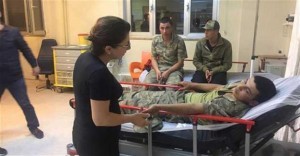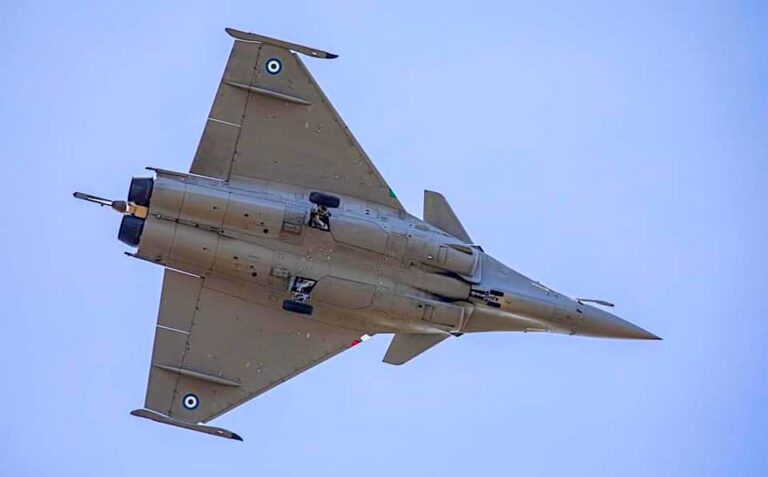An infection that led to 1,046(!) soldiers going to emergency service with complaints of nausea, vomiting and diarrhea on May 23 in the western province of Manisa resulted from being offered uncooked turkey meat, main opposition Republican People’s Party (CHP) Manisa lawmaker Tur Yıldız Biçer said on May 28.
Last week, the soldiers at the Manisa First Infantry Training Brigade Command were affected by an infection, with one of the soldiers, Hüsnü Özel, dying as a result.
A delegation of 10 experts, including one professor, from the ministry’s Public Health Institution of Turkey was sent to Manisa to investigate the cause of the infection.
Biçer, who herself is also a doctor, visited some of the soldiers still being treated at the hospital and told daily Hürriyet that tests done after the incident were concluded.
“In the samples, salmonella bacteria reproduction was found. This type of bacteria, which leads to intestine infection, transmits through meat, especially poultry that is not cooked well. The soldiers at the barracks had said they had eaten turkey meat that evening. Some of the soldiers I talked to had said ‘part of the meat was raw, not well cooked, we tried not eating the raw parts,’” Biçer said.
“This kind of bacteria spreads through meat that is either not well cooked or not stored in line with hygiene standards,” Biçer said, adding that she was “certain” the incident was caused by turkey meat.
“Food services of here [the barracks] were outsourced to a private firm. With this incident I have learned that the food was provided from outside the barracks,” Biçer said, adding that the same firm was providing the food services of a total of 12 military units across Turkey.
Separately, another 64 soldiers at the Manisa Sixth Gendarmerie Commando Training Regiment were transferred to hospitals on May 26, due to similar symptoms of vomiting and diarrhea. The soldiers, indicated to have eaten roasted beef, rice and salad for dinner, had stomach aches and were suspected to have been food poisoned.
She also commented on the second case, indicating that the food service at the military unit was not outsourced, unlike the other one.
“But, there is a common place in İzmir from where the ingredients are supplied. Regarding the second incident, there has not been enough time yet to analyze the samples from the soldiers and water. Therefore, we don’t yet know what has been effective there,” he said.
“We have also seen that in a place with more than 10,000 soldiers, it is wrong to close the military hospital. If there was a military hospital, the soldier maybe would not have died. Only one hospital’s emergency unit tried to treat 400 to 500 soldiers,” she said, referring to the transfer of military hospitals across Turkey to the control of the Health Ministry last year, as a part of a restructuring process within the military.
Manisa Governor Mustafa Hakan Güvençer on May 28 also commented regarding the treatment of the 64 soldiers, crossing out the possibility of food poisoning and saying the soldiers had suffered a “stomach flu” due seasonal change, according to state-run Anadolu Agency.
Ask me anything
Explore related questions





